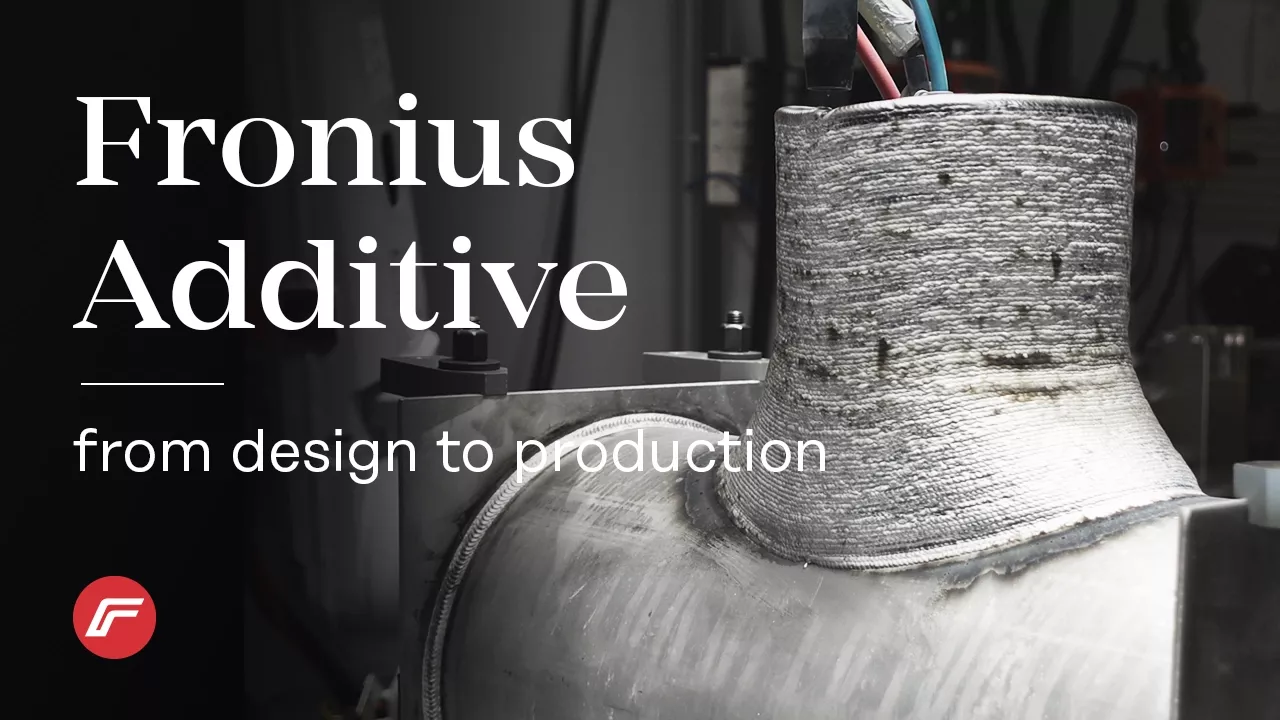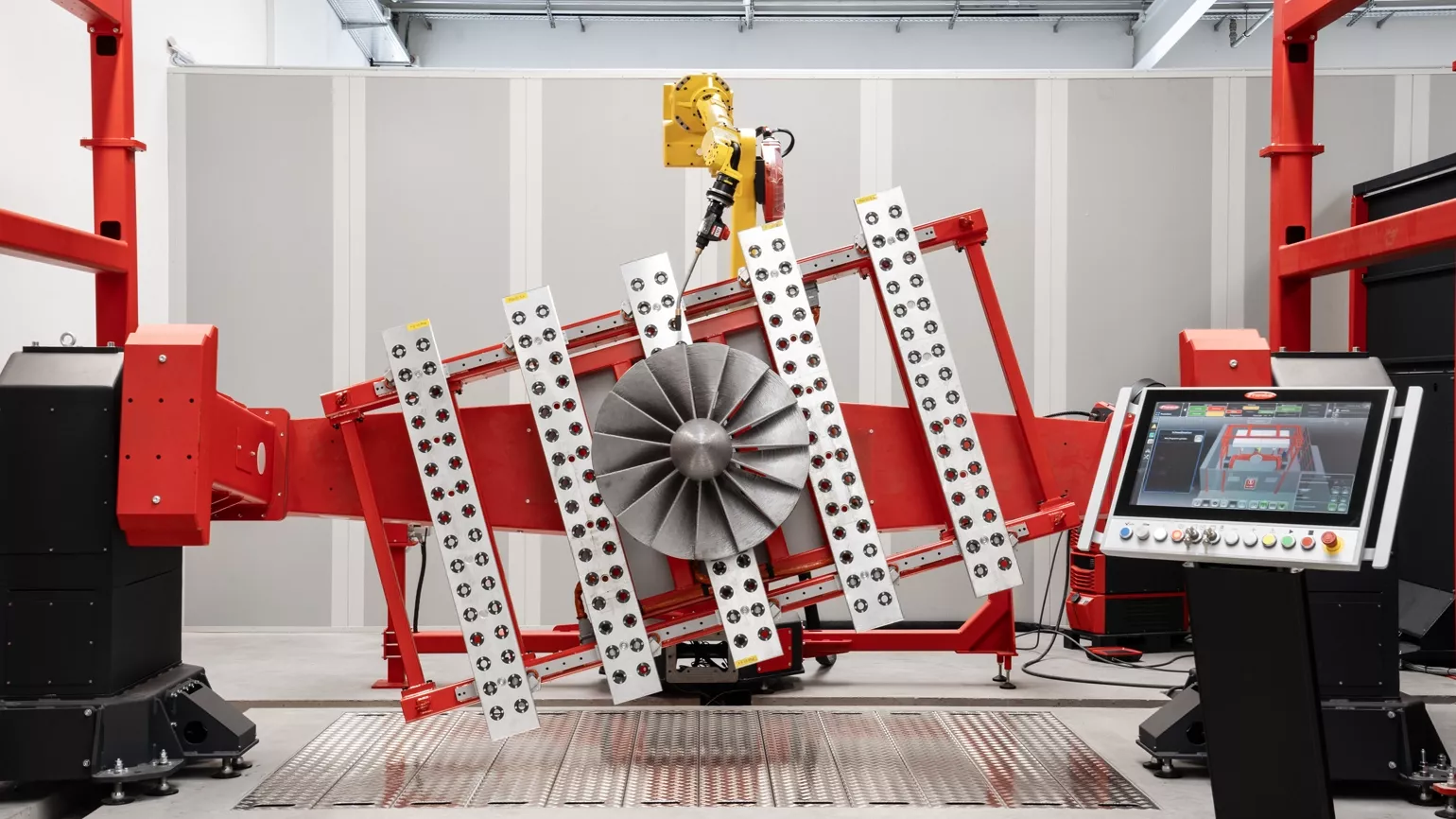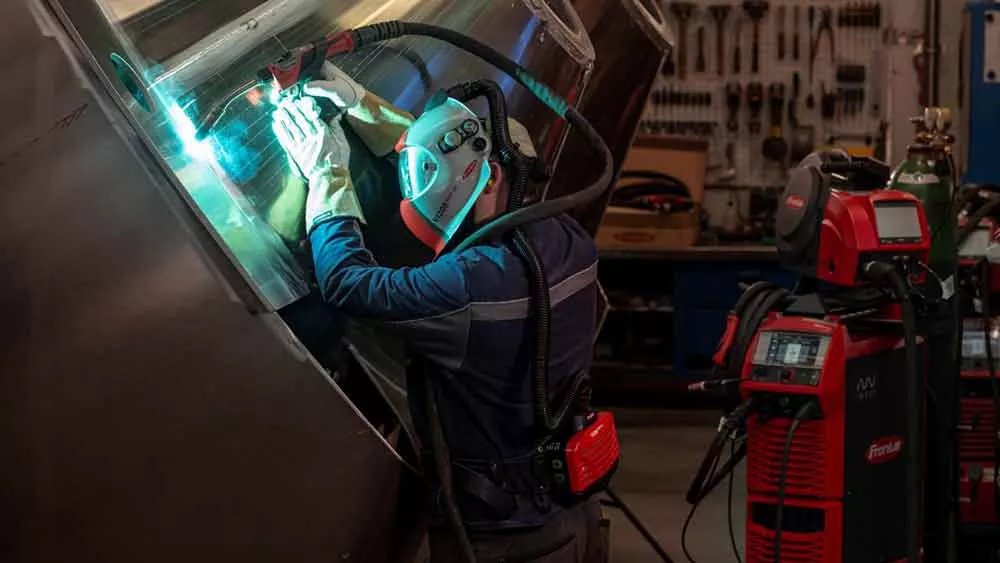Fronius Additive
Metal 3D printing with CMT Additive Pro

Additive manufacturing with wire arc additive manufacturing
The additive manufacturing process for metal 3D printing, also known as Wire Arc Additive Manufacturing (WAAM), enables quick, cost-effective, and precise component production, allowing Fronius Additive to revolutionize the manufacturing industry.
The wire-based and arc-based CMT process permits complex geometries and a high degree of flexibility in component design while delivering high deposition rates, all of which make Fronius Additive ideal for prototype construction and small batches.
Your Fronius Additive benefits
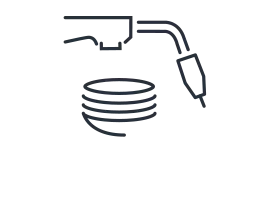
Wide range of materials
Many different materials can be used, including low-alloy steels, aluminum, nickel-based alloys, and stainless steel.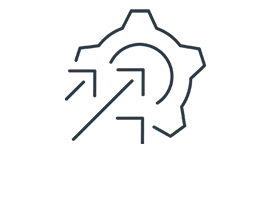
Material efficiency
A layered build-up keeps material usage to the required minimum. This reduces material consumption compared to conventional manufacturing methods.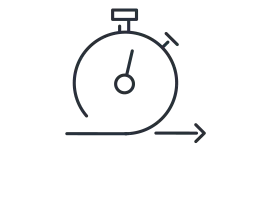
Printing on demand
Spare parts and tools can be produced at any location right when they are required. In addition to incredible time savings and flexibility, the advantage of this method is that it eliminates transport and warehousing.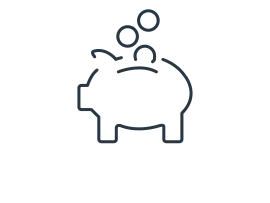
Reduced production costs
Large, complex tools and casting molds are no longer needed to produce components. This significantly speeds up prototype production and thus time to market.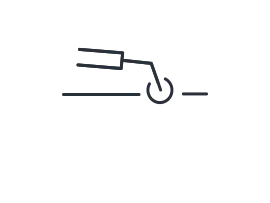
Stable process
The Fronius Additive Features optimize the welding process, give you more control over heat input, and make it easier to start welding.Downloads
Fronius Additive overview
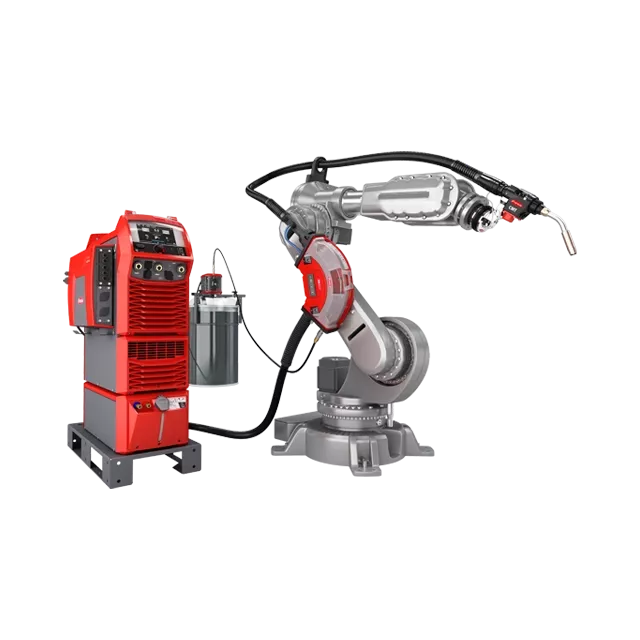
CMT – a stable arc with no exceptions
The synergy between stability and flexibility is crucial to producing components in additive manufacturing as well as a reliable welding process and efficient heat management.
Thanks to its revolutionary reversing wire movement, the CMT process is extremely stable, making it a perfect solution for additive manufacturing. Layers are built up consistently, evenly, and virtually spatter-free,
ensuring that the welded layers and components produced meet the highest standards of quality.
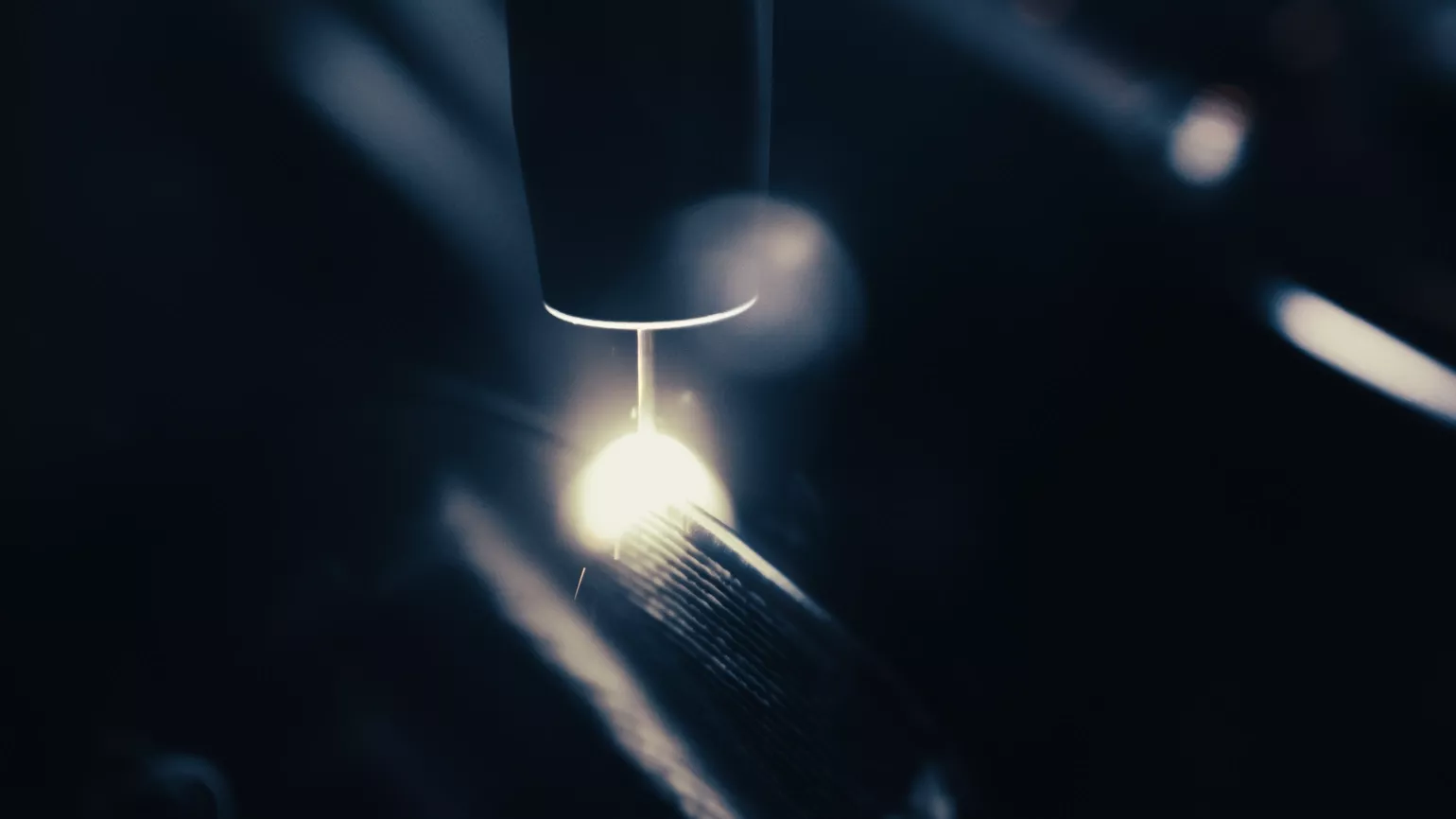
CMT Additive Pro – additive features packed into one characteristic
Exclusive features for maximum control in additive manufacturing
We developed CMT Additive Pro welding characteristics specifically for additive manufacturing. They make it easy to achieve a reproducible uniform layer structure, as well as deal with other challenges.
For the first time, you can also get positioning feedback during welding without any external sensors.
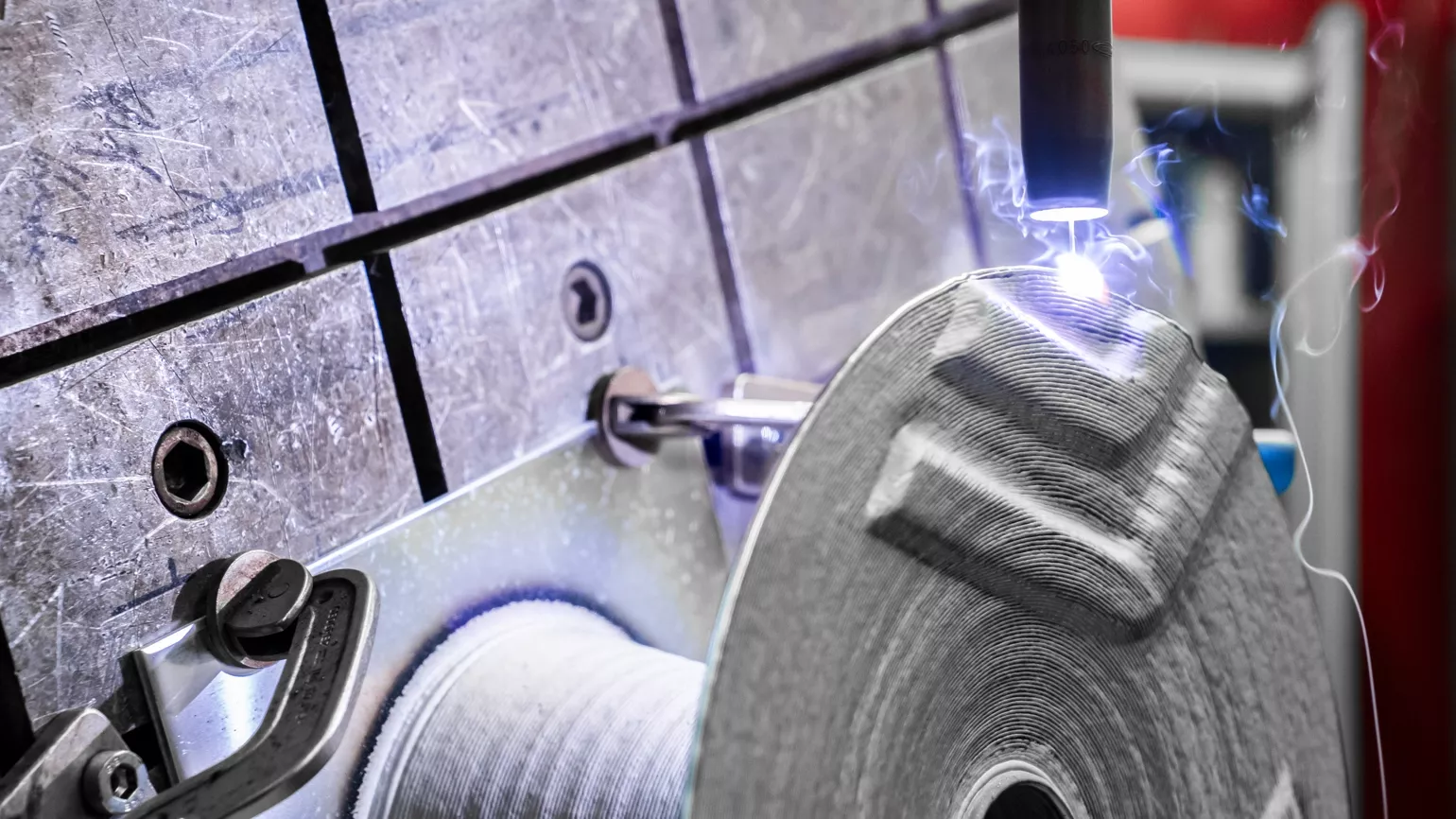
Deposition rate stabilizer
The deposition rate is regulated by the welding process. Layers are built up more consistently while boosting the reproducibility of production.
Pulsed HotStart
It’s simple to start welding in pulsed arc, so you can achieve sufficient penetration and adhesion even without adjusting the operating point.
CTWD measurement
The CTWD value [mm] is measured in real time and was specially developed for materials with low electrical conductivity, such as steel.
Power correction
Heat input can be precisely regulated thanks to the power correction, so you can keep the seam geometry almost constant, even at elevated temperatures.
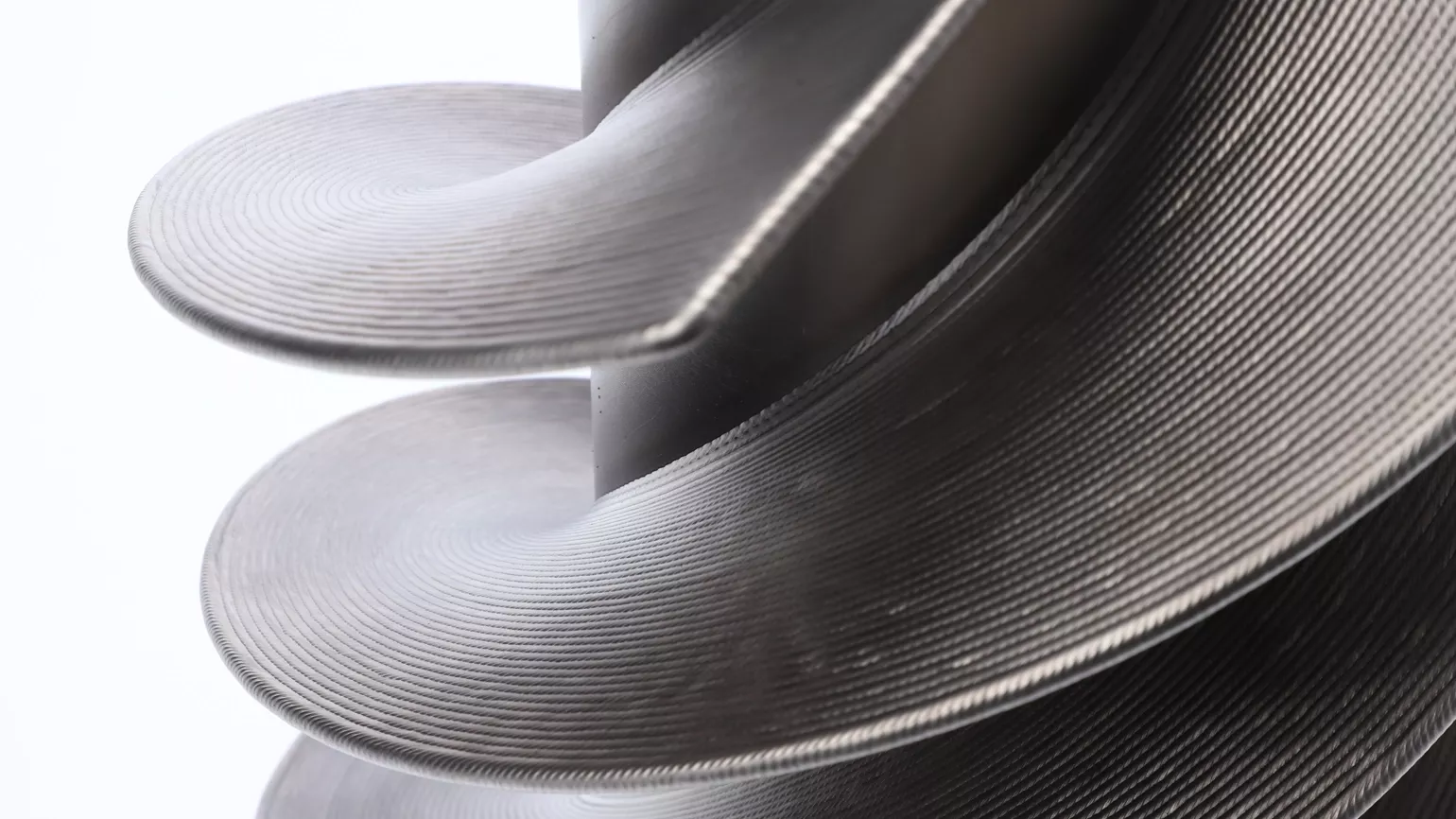
Model qualification
Additively manufactured pressure vessels
The entire process chain has been considered for this component, from the design to the final testing and the CE label. The draft European standard prEN 13445-14 was used as the basis for the model qualification. The report on the entire process offers a vivid insight into the performance of metal-based additive manufacturing using arcs.

